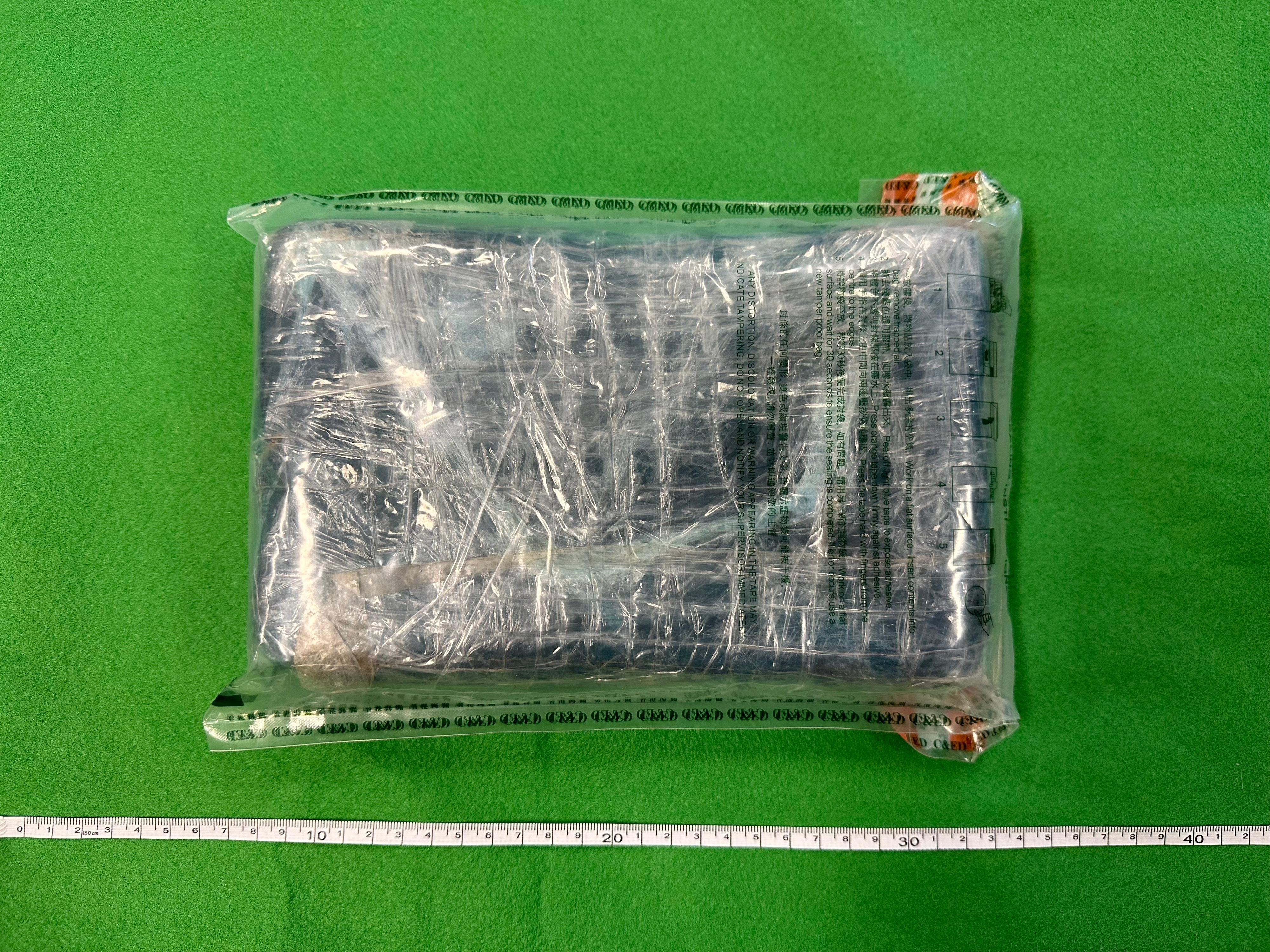The Centre for Health Protection (CHP) of the Department of Health today (August 24) announced that according to the latest surveillance data, local seasonal influenza activity has continued to increase in the past week and exceeded the seasonal epidemic threshold, indicating that Hong Kong has entered the summer influenza season. All sectors of the community should heighten their vigilance and enhance personal protection measures against influenza.
From the latest surveillance data, the overall local seasonal influenza activity has increased since July. Among the respiratory specimens received by the CHP's Public Health Laboratory Services Branch and the Hospital Authority, the latest weekly percentage of detections testing positive for seasonal influenza viruses was 9.83 per cent during the week ending August 19. The predominating circulating viruses were influenza A(H3).
The overall admission rate with principal diagnosis of influenza in public hospitals was 0.43 per 10 000 population for the same week. Separately, there were seven institutional influenza-like illness outbreaks reported to the CHP affecting 40 persons in the week ending August 19. The seven outbreaks included two in kindergartens/child care centres, three in residential care homes for the elderly and two in residential care homes for persons with disabilities.
A spokesman for the CHP said that seasonal influenza vaccination (SIV) is one of the effective means to prevent seasonal influenza and its complications, as well as reducing influenza-related hospitalisation and death. The Government has rolled out in phases various SIV programmes since September last year to provide eligible members of the public with free or subsidised SIV. The various vaccination programmes in the 2022/23 season will end on August 31 whereas the SIV programmes in the next season will be launched from end-September onwards.
The spokesman appealed to those who have yet received SIV this season to get vaccinated as soon as possible, particularly persons at higher risk of getting influenza and its complications, including the elderly and children. All persons aged 6 months or above, except those with known contraindications, are recommended to receive SIV for personal protection. Strict personal, hand and environmental hygiene should also be observed at all times for those who could not receive SIV on or before August 31. They should seek medical advice promptly if they develop respiratory infection symptoms.
As of August 20, about 1.56 million doses of SIV had been administered via the Government Vaccination Programme, the Vaccination Subsidy Scheme and the Seasonal Influenza Vaccination School Outreach (Free of Charge) Programme 2022/23, representing a roughly 25 per cent rise over the same period in 2021/22 season. The influenza vaccination coverage rate for the elderly aged 65 or above was about 48 per cent whereas that for toddlers and adolescents aged 6 months to below 18 years was about 40 per cent.
The CHP will issue letters to doctors, hospitals, institutions and schools to appeal for heightened vigilance and appropriate actions. Classes will soon be resumed after summer holidays. To prevent transmission of influenza in school environments, schools are reminded to take additional measures, including actively checking the body temperature of all students every day when they arrive at school to identify those with fever. Those with fever, regardless of having respiratory symptoms or not, should not attend school. In addition, staff of schools and institutions should be alert to their own conditions every day and should refrain from work if they have fever or respiratory symptoms. Schools should promptly make a report to the CHP in the case of an increase in fever or respiratory illnesses or absenteeism for epidemiological investigations. Those who have plans to travel abroad are also reminded to pay special attention to the influenza situations of their travel destinations before departure and strengthen personal protection.
The public should maintain good personal and environmental hygiene against influenza and other respiratory illnesses and note the following:
- Surgical masks can prevent transmission of respiratory viruses from ill persons. It is essential for persons who are symptomatic (even if having mild symptoms) to wear a surgical mask;
- For high-risk persons (e.g. persons with underlying medical conditions or persons who are immunocompromised), wear a surgical mask when taking public transport or staying in crowded places. It is important to wear a mask properly, including performing hand hygiene before wearing and after removing a mask;
- Avoid touching one's eyes, mouth and nose;
- Wash hands with liquid soap and water properly whenever possibly contaminated;
- When hands are not visibly soiled, clean them with 70 to 80 per cent alcohol-based handrub;
- Cover the mouth and nose with tissue paper when sneezing or coughing. Dispose of soiled tissue paper properly into a lidded rubbish bin, and wash hands thoroughly afterwards;
- Maintain good indoor ventilation;
- When having respiratory symptoms, wear a surgical mask, refrain from work or attending classes at school, avoid going to crowded places and seek medical advice promptly; and
- Maintain a balanced diet, perform physical activity regularly, take adequate rest, do not smoke and avoid overstress.
​For the latest information on influenza activity, please visit the CHP's influenza page and COVID-19 & Flu Express. As for vaccination, the public may visit the CHP's Vaccination Schemes page.

